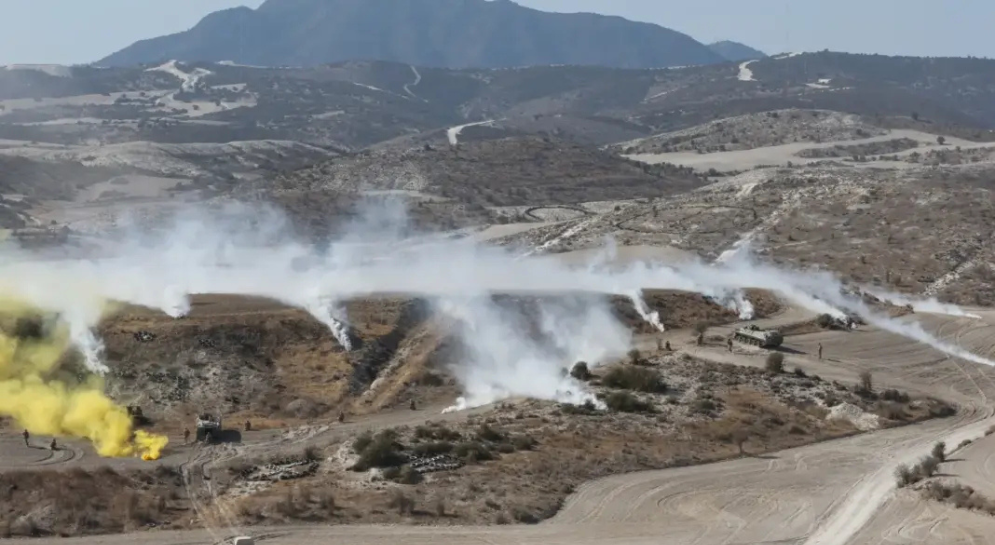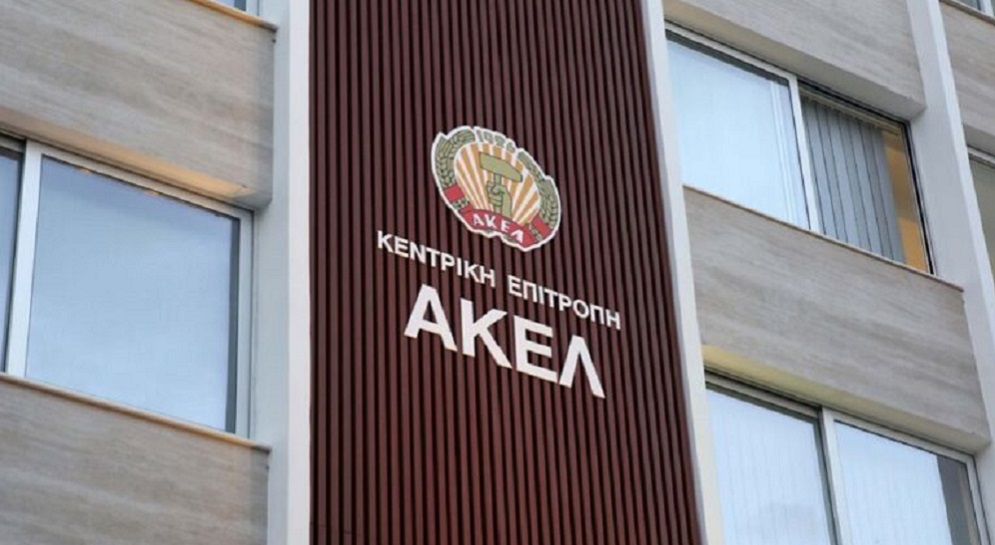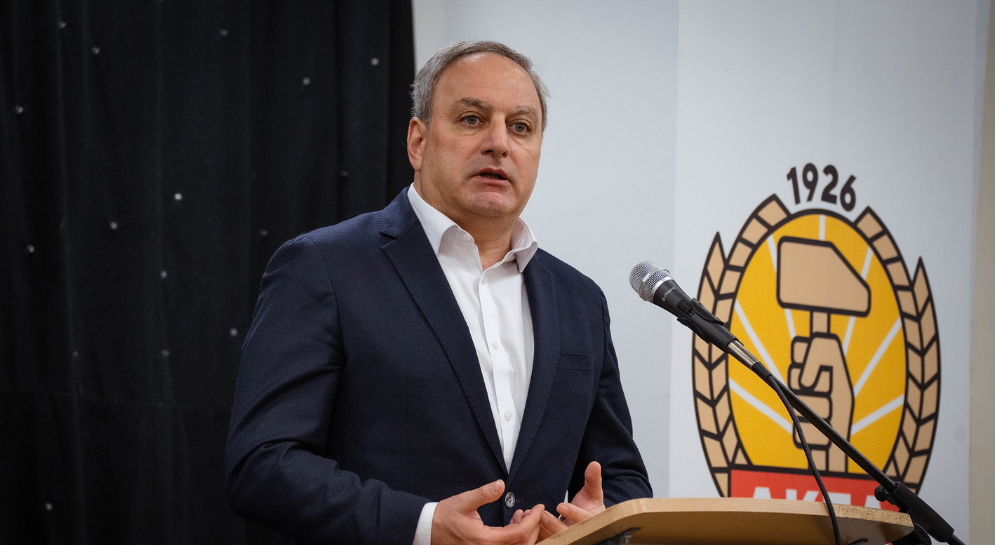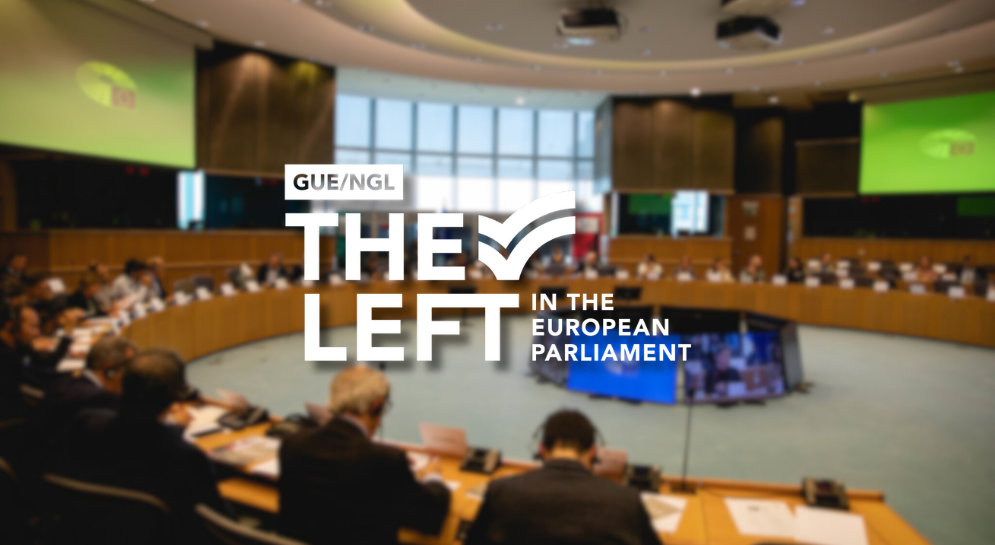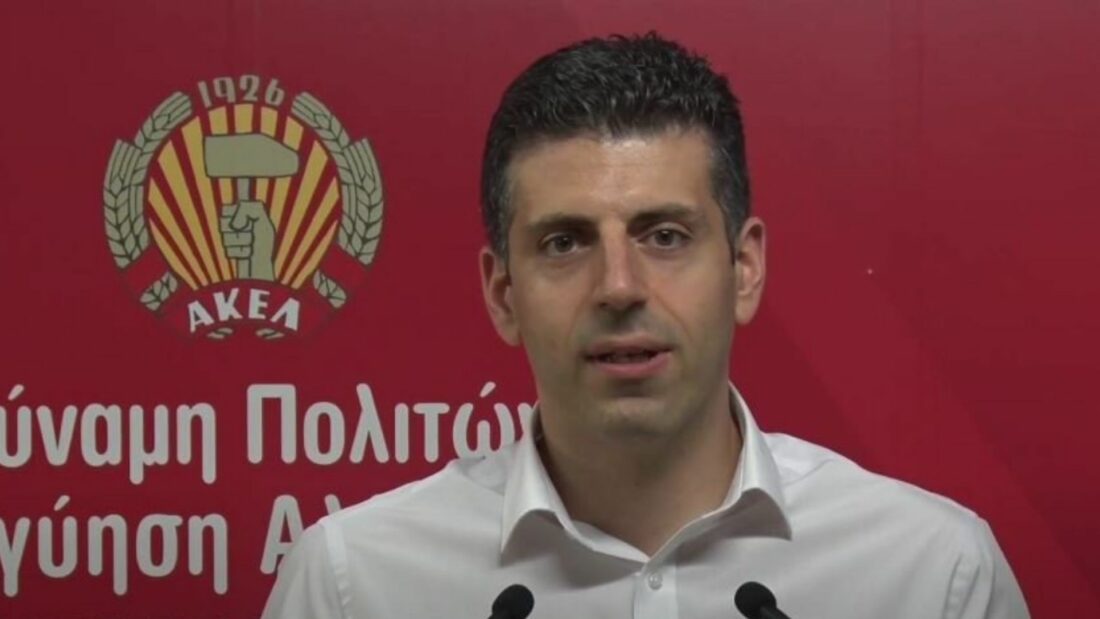
Interest rates are bringing society to its knees – Article by Charis Polycarpou, AKEL Political Bureau member and Head of Economic Policy Department
Sunday 13 November 2022, “Haravgi” newspaper
The steep interest rate hikes by the European Central Bank (ECB), aimed at inflation and preserving the euro exchange rate, are based on a working hypothesis with a serious credibility problem.
The decisions are based on the assessment that the increase in interest rates and consequent increase in borrowing costs will lead to a reduction in investment and a slowdown in economic output. The aim is for this mechanism to act as a brake on demands for wage increases (with the fear of redundancy in mind), thereby limiting consumption and hence price increases. This reasoning, however, is in direct contrast to the current reality.
The price increases and the wave of unemployment that is sweeping Cyprus and Europe are not due to wage increases. In Cyprus in particular, wage increases have been limited, after a period of significant wage reductions. For the most part, inflation and price hikes/high cost of living have been driven by price increases in the cost of producing goods, whether this has to do with energy, fuel or raw materials.
The ability of such measures influencing the phenomena is for that reason limited. If anything will reduce inflation in the period ahead, it will not be the compression of society’s standard of living, it will be the change in the factors that are influencing the supply of energy, whether related to the war in Ukraine, to oil production internationally, or to the supply chain and world trade in the post-pandemic era.
Adherence to assumptions that are based on rampant neoliberalism – originating from the notorious Chicago School – has immediate, rapid and painful consequences for households and businesses. On the other side, the big winner is none other than the banks. For the second half of 2022 alone, banks in Cyprus are expected to record an increase in their revenues by €200 million.
In view of the perfect storm that is about to form for society, the government, as in most of the crises it has had to manage, is responding with the familiar “it’s just storm that is going to pass”. The government is calling on society to shoulder the burden, but refuses to take on its own responsibilities. It refuses to intervene in the economy and to take measures to support society, while it has no hesitation at all about backing down to protect those who are profiteering by exploiting the new economic realities. And more than a few are seeing their profits rise to unprecedented levels.
We sense that the problem is so great that without action by the state, the pressure on society will be unbearable. Yet another reason why the country must turn the page in February. The present government and its ambitious successors are neither willing, nor able to play this role.
It is true that interest rates are regulated by the European Central Bank, but that does not diminish the role that the state must and can play.
- By putting pressure on the banks so that part of the sky-high profits should be used to help borrowers in greatest need.
- Holding the Central Bank of Cyprus to account so that it ensures that banks implement the notorious Restructuring Code. So as to offer temporary relief from the increased instalments by extending the repayment period of the loan, spreading the extra amount of the instalment over the whole loan or even paying off the extra cost at the end of the loan. These are practices that exist in the banking system, but are frequently not used by banks.
- By being the first State to adopt borrower support policies through the Cyprus Asset Management Company (KEDIPES), a State agency.
- Offering support to households to help them cope with the wave of poverty and to companies to ease their obligations to the State.
To do this requires first and foremost the demonstration of political will. And recognition of the problem. I fear that the present government has neither the one – nor the other.


